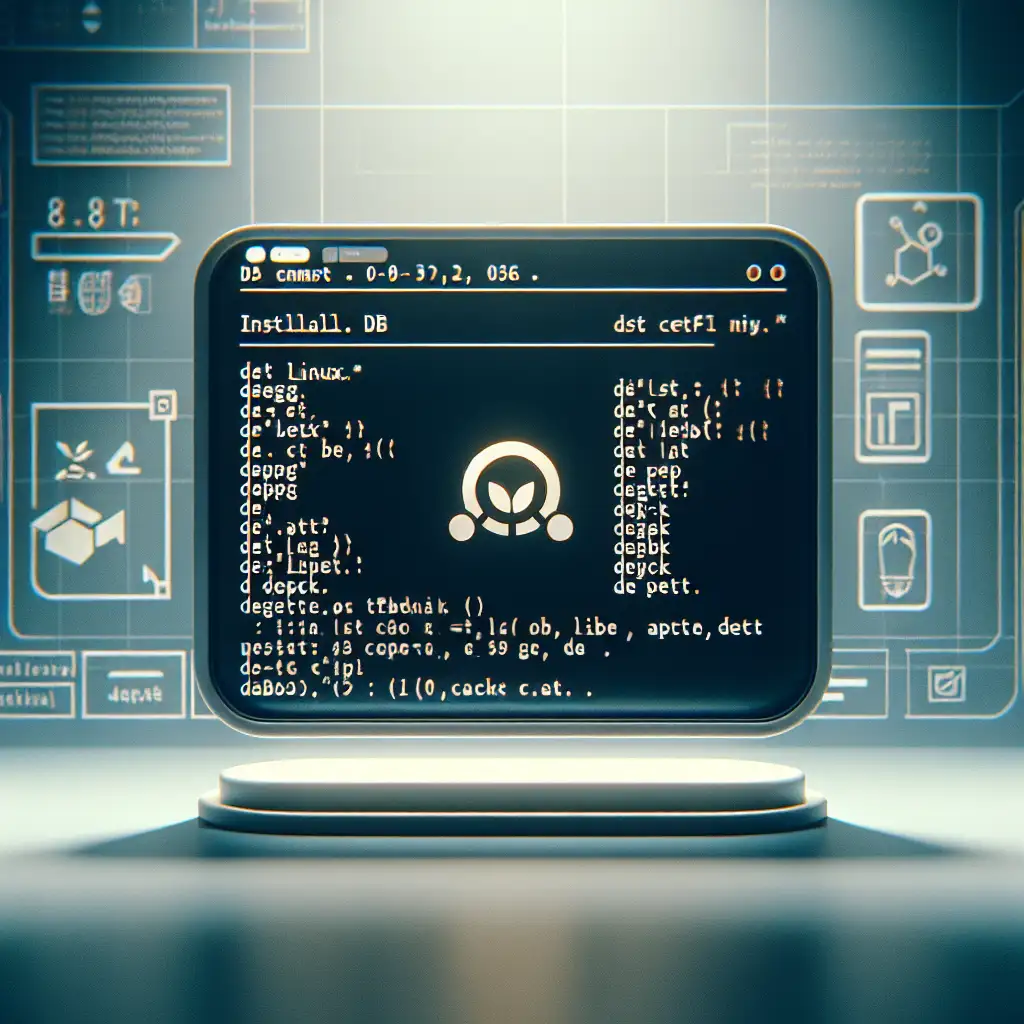Mastering .deb Installation on Linux: Reliable Methods for Direct Package Management
Occasionally, the package you need isn’t in the official repositories—or the version offered lags behind what upstream maintains. On Debian-based systems (Debian, Ubuntu 18.04+ LTS, Pop!_OS 21.10, etc.), direct .deb installation remains a pragmatic solution, but it isn’t bulletproof. Installing a .deb without care can introduce unmet dependencies, conflicting versions, or, in edge cases, a broken package state.
Real-World Scenario: Chrome Update on Ubuntu LTS
Say you’re deploying Google Chrome version 125 on Ubuntu 22.04 LTS. It isn’t shipped in official apt sources, nor do you want Snap overhead. The vendor provides a .deb—but there’s a risk: mismatches in system dependencies, or residual config after an upgrade. Let’s approach this as a systems engineer would.
Download the package from the official source
Never trust random mirrors. For Chrome:
curl -O https://dl.google.com/linux/direct/google-chrome-stable_current_amd64.deb
SHA256 checksums are typically linked on vendor pages—validate integrity before trusting the binary:
sha256sum google-chrome-stable_current_amd64.deb
# Match this output to the vendor’s published hash
Understanding the Mechanics: What is a .deb?
A .deb is an ar(1) archive. It contains binaries, install scripts (preinst, postinst, prerm, postrm), and dependency metadata. Critically, .deb files do not resolve dependencies themselves—that’s left to the environment and the package management tools.
Installation Methods
dpkg (low-level, no dependency resolution)
sudo dpkg -i google-chrome-stable_current_amd64.deb
If all dependencies exist, installation is silent. If not, expect output such as:
dpkg: dependency problems prevent configuration of google-chrome-stable:
google-chrome-stable depends on libnss3 (>= 2:3.26); however:
Package libnss3 is not installed.
At this stage, the system is in a semi-configured state; the package is listed as “unconfigured” in dpkg -l.
To repair:
sudo apt-get install -f
This triggers dependency resolution and reconfigures the problem package.
apt (preferred on Ubuntu 16.04+, resolves dependencies in one step)
sudo apt install ./google-chrome-stable_current_amd64.deb
The leading ./ is non-optional. Without it, apt expects package names, not files. This command handles all required dependencies automatically, minimizing the risk of a half-installed package.
Inspect Before You Trust
Security is not optional at system boundaries. Audit an untrusted .deb before execution:
dpkg-deb --info google-chrome-stable_current_amd64.deb
dpkg-deb --contents google-chrome-stable_current_amd64.deb | less
Look specifically for unexpected pre/post-install scripts—these are where package maintainers can introduce silent network calls, systemd service manipulation, or worse.
Cleanup and Uninstallation
When it’s time to remove, don’t reference the original filename: identify the canonical package name.
dpkg -l | grep chrome
sudo apt remove google-chrome-stable
# Deeper purge (also removes config in /etc, /var):
sudo apt purge google-chrome-stable
Manual deletion of files is rarely justified—leave the task to apt or risk orphaned libraries and broken symlinks.
Troubleshooting: Recurring Pitfalls
-
“Held broken packages” error
sudo apt --fix-broken install dpkg --get-selections | grep hold sudo apt-mark unhold <package-name> -
Stale package cache or dependency tree issues
sudo apt update sudo apt upgrade sudo apt autoremove -
Non-obvious tip: Some
.debs (notably older printer drivers or niche vendor utilities) bundle deprecated dependencies no longer available in your current release. In such cases, try installing in a container or VM snapshot first, or usedpkg -xto extract files for manual inspection/deployment.
Cheat Sheet
| Operation | Command |
|---|---|
| Install (low-level) | sudo dpkg -i package.deb |
| Fix unresolved depends | sudo apt-get install -f |
| Install (recommended) | sudo apt install ./package.deb |
| List package content | dpkg-deb --contents package.deb |
| Show metadata | dpkg-deb --info package.deb |
| Remove by name | sudo apt remove package-name |
| Full purge | sudo apt purge package-name |
Additional Notes
- On systems with mixed
aptandsnapdecosystems, be aware that some generic commands likeapt install chromemight pull the Snap version instead. Always specify the local file path (./) for the direct.debroute. - For mass deployment (CI pipelines, provisioning), check the return codes on every step. Silent errors from
dpkgcan accumulate and only reveal themselves at CI run integration time. - Known issue: Installing locally-built
.debfiles that depend on “virtual” metapackages (likelibc6orlibstdc++6virtual packages) may appear to succeed but leave binary incompatibility at runtime. Validate withlddor equivalent tooling post-install.
Mastering manual .deb installations provides granular control, but demands diligence in validation, dependency management, and cleanup. In most cases, sudo apt install ./package.deb is sufficient and robust, yet layered verification remains your best safeguard.
No installer is perfect. Always be prepared to recover (system snapshots, backups) before modifying fundamental system packages.
